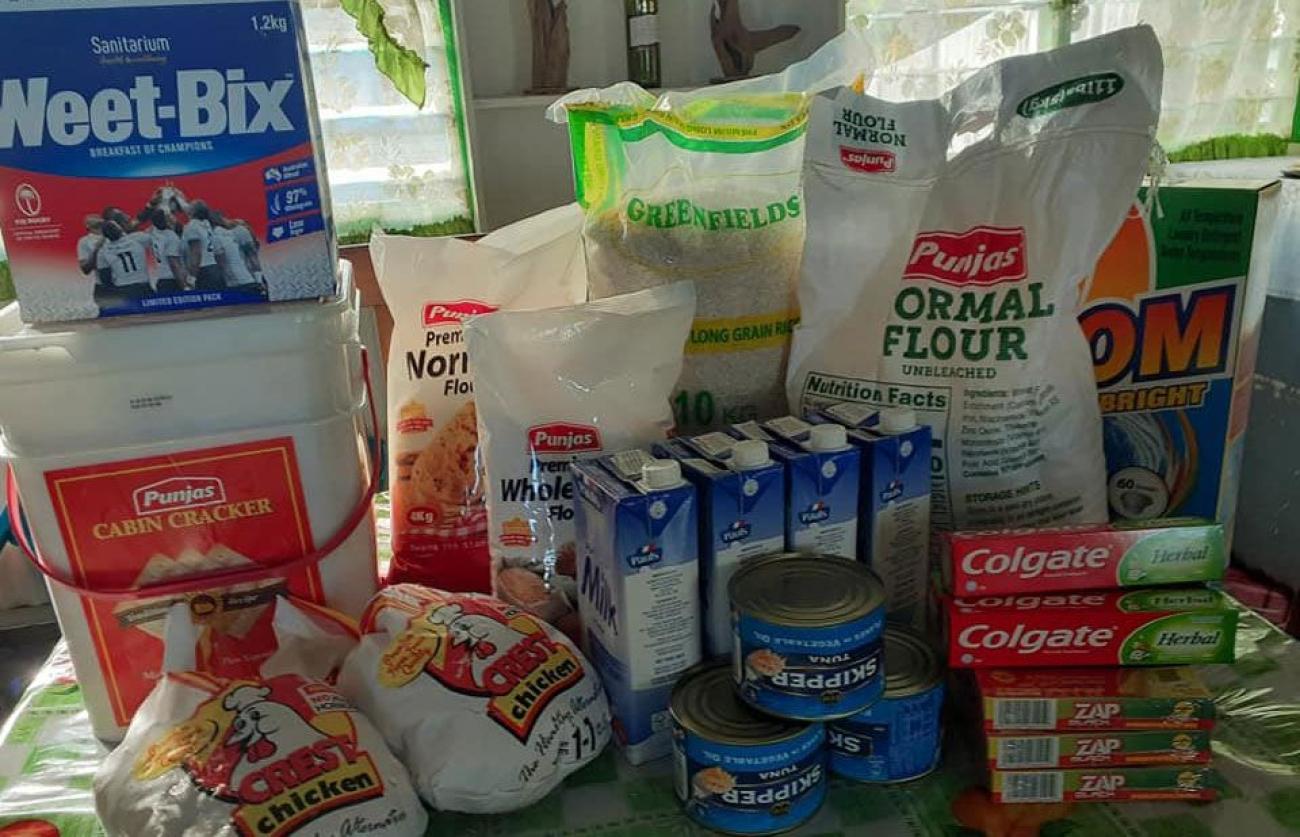On an early Fijian morning, Marlene Dutta, coffee cup in hand, is sitting on her back deck surrounded by greenery. Not even the sound of birds in the background can peel her away from her computer screen. She is busy sorting through messages and reviewing the activity on the Facebook page that she created, Barter for Better Fiji, an online community that has revitalized Fiji’s traditional bartering practices and helped communities sustain themselves during the COVID-19 outbreak.
“From the minute myself and the other volunteer administrators of the page wake up, our eyes are on the page”, said Ms Dutta, a business skills development consultant. They are busy monitoring or sharing information from the government about restrictions on items to barter.
In Fiji, where approximately 30% of the country’s gross domestic product comes from tourism, travel restrictions to prevent the spread of COVID-19 have brought about tough times for many.
Reflecting on how she came up with the idea for the Facebook page, Ms Dutta said, “Bartering has always been something that Fijians rely on in their daily lives, amongst their friends, families, amongst communities. We all have a skill, a talent, something that we can grow, a whole host of things stuffed away in our houses. If people could trade items or services to get what they needed, then they may be able to sustain themselves through this time.” From these thoughts, Barter for Better Fiji was born. Ms Dutta is astounded by how popular the page has become. Initially envisioned to only be used by her friends, the page now has a following of more than 180 000 members—a huge amount considering that the country has a population of only around 900 000 people—and thousands of requests for new memberships arrive daily.
Aside from helping members to barter for necessary food or services, or sustaining small businesses by linking them to new suppliers for their trade, the page is also creating a greater sense of community. Members have been able to reconnect with long-lost neighbours, family members and childhood friends. Ms Dutta recounts stories of complete strangers meeting on the page to barter only to find that they are neighbours on the same street or have traditional ties.
“Through the page we hope to foster an economy of kindness. That is behind everything that happens on the page,” explained Ms Dutta. “That in itself has brought this sense of community where people are being purposefully and intentionally kind, compassionate and merciful to each other.”
While the Barter for Better Fiji Facebook page doesn’t specifically target the needs of vulnerable groups or people living with HIV, groups such as the Fiji Network for People Living with HIV, the Rainbow Pride Foundation and the Survival Advocacy Network Fiji have reported that their community members have benefited from the online bartering platform. The page has made bartering the “new normal” for vulnerable groups.
“Whether LGBTQI+ or not, we are all humans at the end of the day, and we need to support each other one way or the other. That’s why I think having such a page is a wonderful initiative,” said one member of the Rainbow Pride Foundation.
Community members have been able to barter items or provide cleaning services in exchange for groceries, while others point to how money saved through bartering has allowed them to venture into other income-generating activities, like backyard vegetable gardens and food stalls. At a time when tourism has seen a decline, some groups, such as sex workers, have found their sources of income vanish.
Lesbian, gay, bisexual, transgender and intersex community members have also faced stigma due to false understandings about how the new coronavirus is spread. Yet members of those groups have proclaimed how the uplifting stories and connections developed among members of the Facebook page have helped them to cope and have positively affected their mental health. It is because of these positive stories, stories of communities coming together to cope with the COVID-19 pandemic, that Barter for Better Fiji is interested in expanding the Facebook page to a website and app.
As Fiji grapples with moving beyond the COVID-19 outbreak, Barter for Better Fiji recognizes its important role in what lies ahead, how that it is more than a platform for bartering but also a space to share heart-warming stories of connection that promote an economy of kindness.






